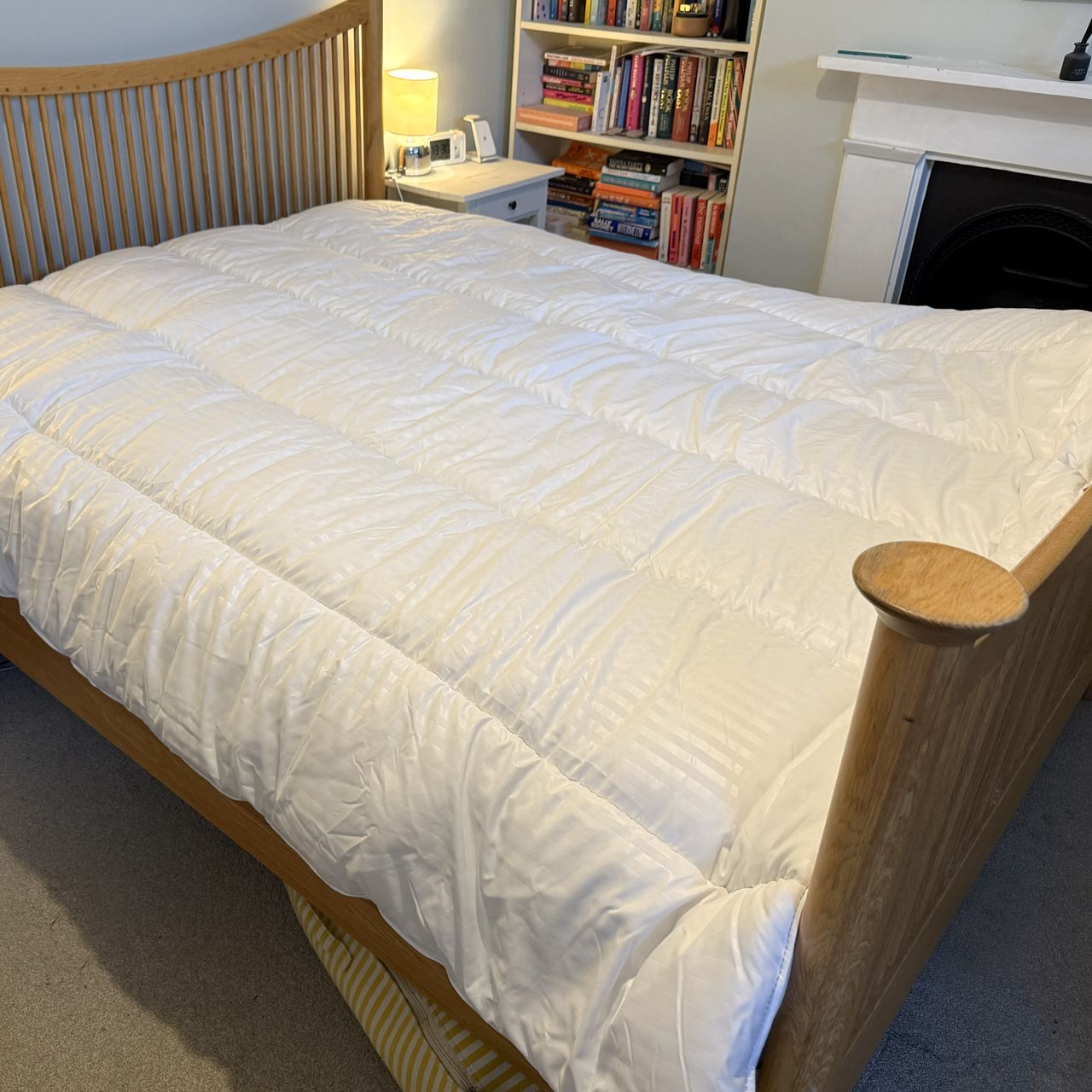
We all know that sleep is important, and at Ideal Home we've made it our job to track down the products that deliver the best night's rest.
This includes putting the best duvets on the market through their paces to find the bedding that can deliver in terms of comfort and performance.
From helping you decide what tog duvet to buy to finding the best duvet filling for your needs and getting the right duvet size for your bed, we've done the research and shared our knowledge.
But, more than that, we've also tested as many duvets as we can to see how well the bestselling duvet brands deliver. This is how we test duvets.
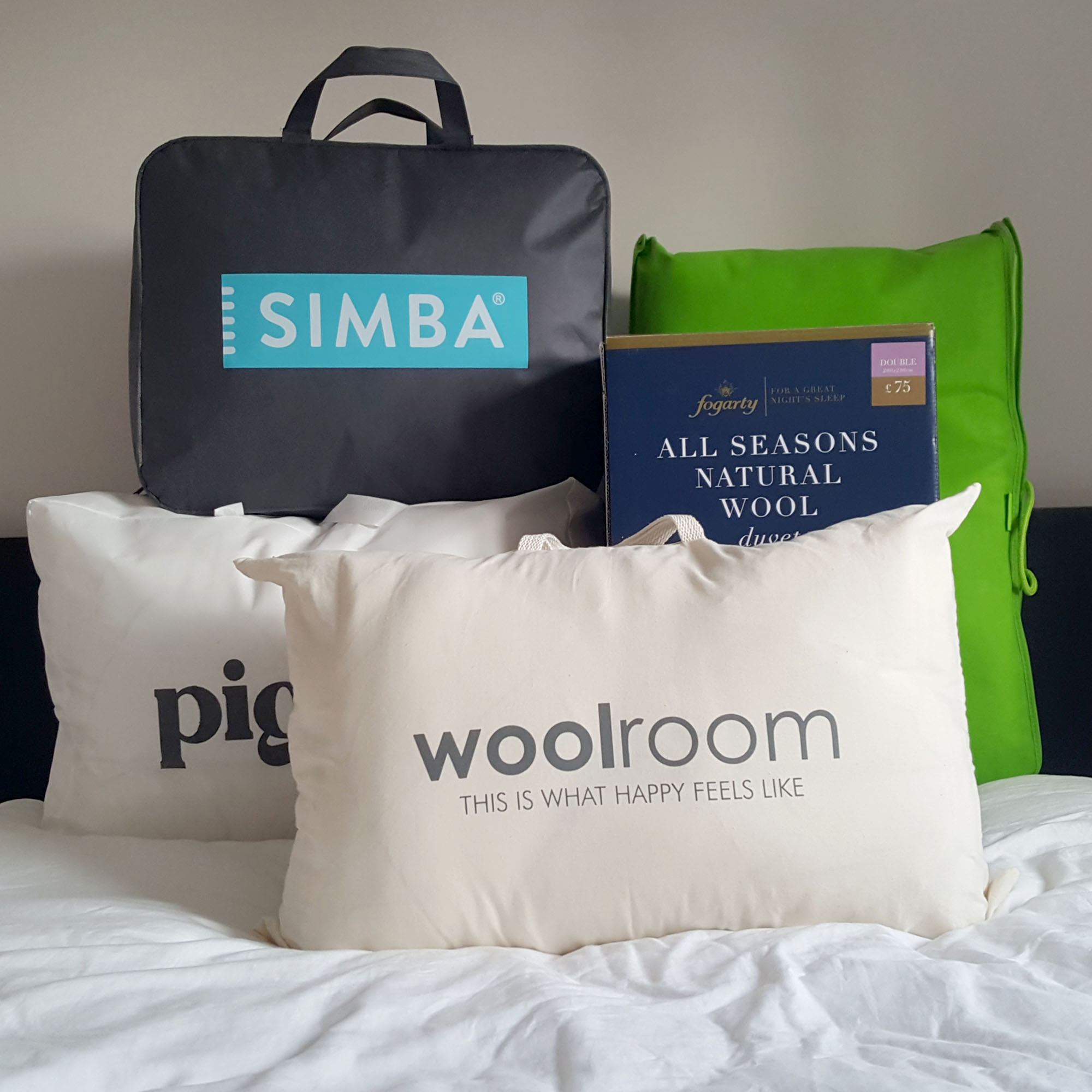
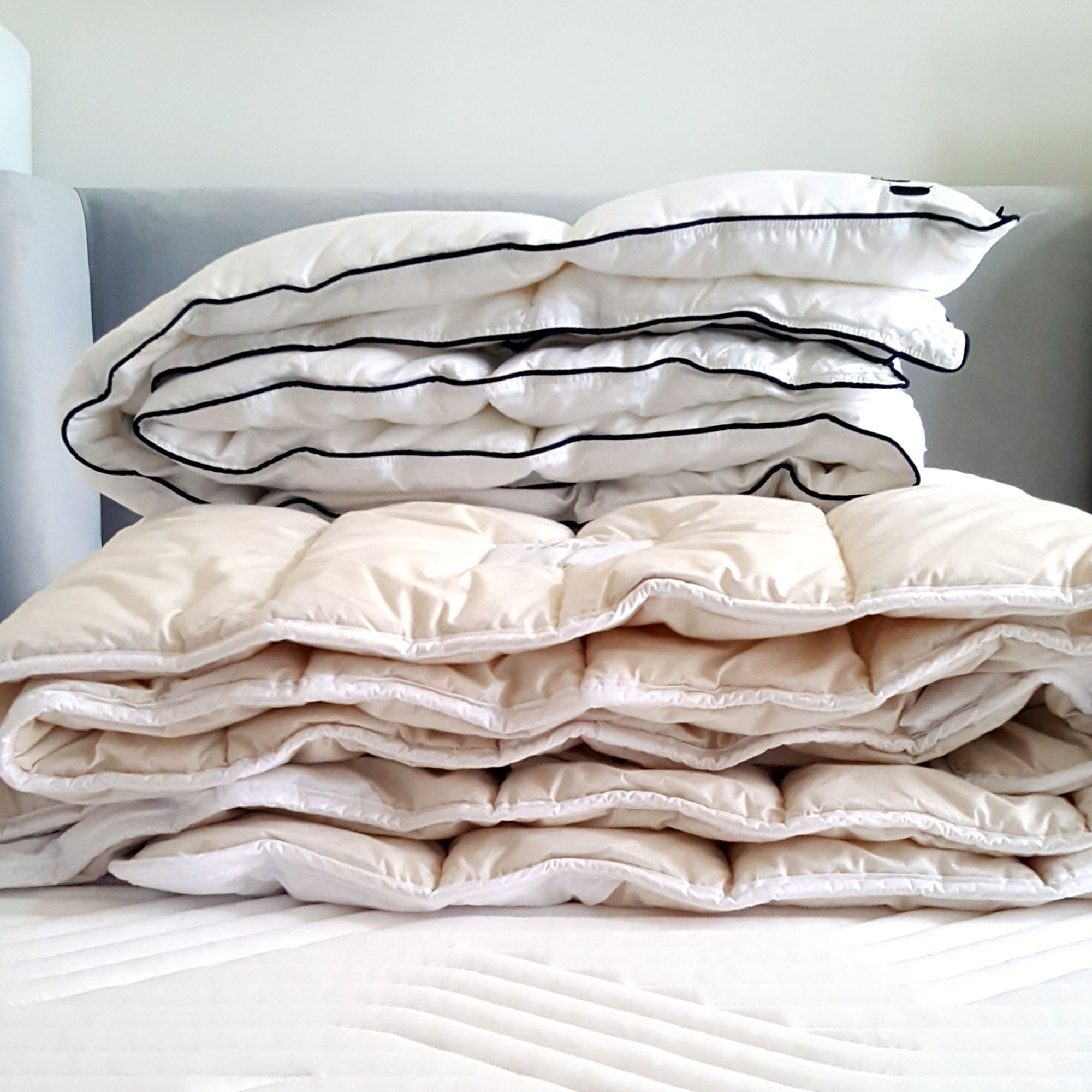
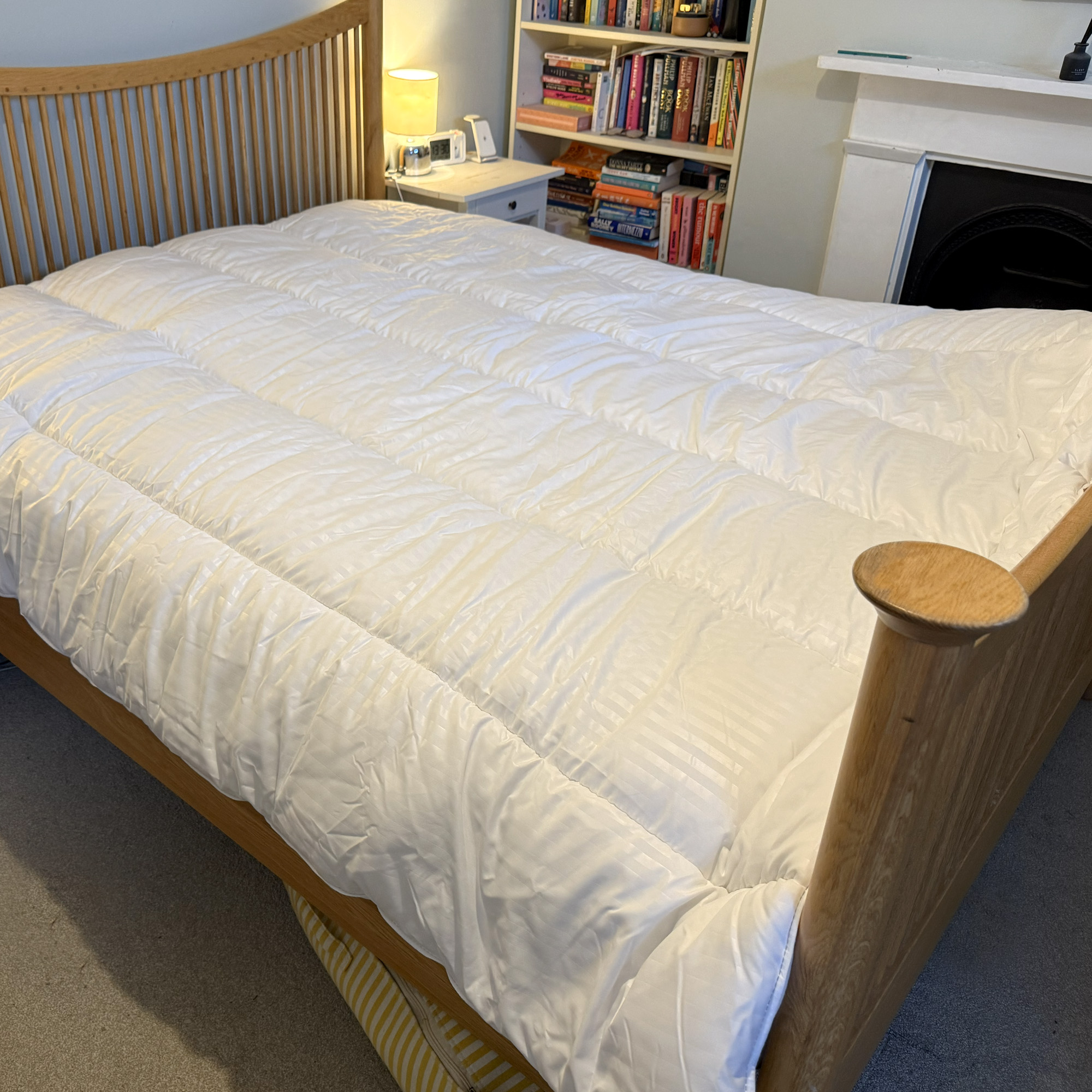
How we test duvets
Feel
A duvet is an item you're going to get up close and personal with every night, so it needs to feel nice. What does 'nice' mean in practical terms? We look for three main factors when we assess a duvet's feel.
Squish-factor: we think the holy grail of the duvet search is a duvet that feels akin to snuggling up into a cloud. Ideally, a duvet should be snuggly and squishy and make us eager to hit the sack. The duvet also needs to be malleable enough that it can be tucked in around the body to keep out any cold draughts.
Noise: a good duvet should also be silent. We don't want any rustling or crinkling noises that are going to wake us up if we turn over in the night.
Drape: generally, we all want a duvet that's going to look nice on the bed, so we assess how well a duvet hangs. If a duvet is too stiff or too thin it won't be scored as highly as one that turns the bedroom into a hotel-worthy hideaway.
Temperature regulation
Then, it's the most important of all our testing categories; temperature regulation.
A first-rate duvet should keep you toasty and warm when it's cold whilst also offering enough breathability that you don't overheat under the covers if you're a hot sleeper or when the weather outside gets warm.
Luckily, our main duvet tester, Amy, is a self-certified hot sleeper, so she's able to test whether she wakes up too hot under each duvet or whether her temperature stays regulated for a deep all-night-long sleep.
We also ensure the ambient bedroom temperature remains the same for each test. Sleep scientists say that the ideal bedroom temperature to help us sleep better is between 16°C-18°C, so that's the temperature we stick to for our winter duvet and all-season duvet tests. We try to time testing summer duvets with one of Britain's heatwaves or crank the heating up to 21°C simulate hot weather.
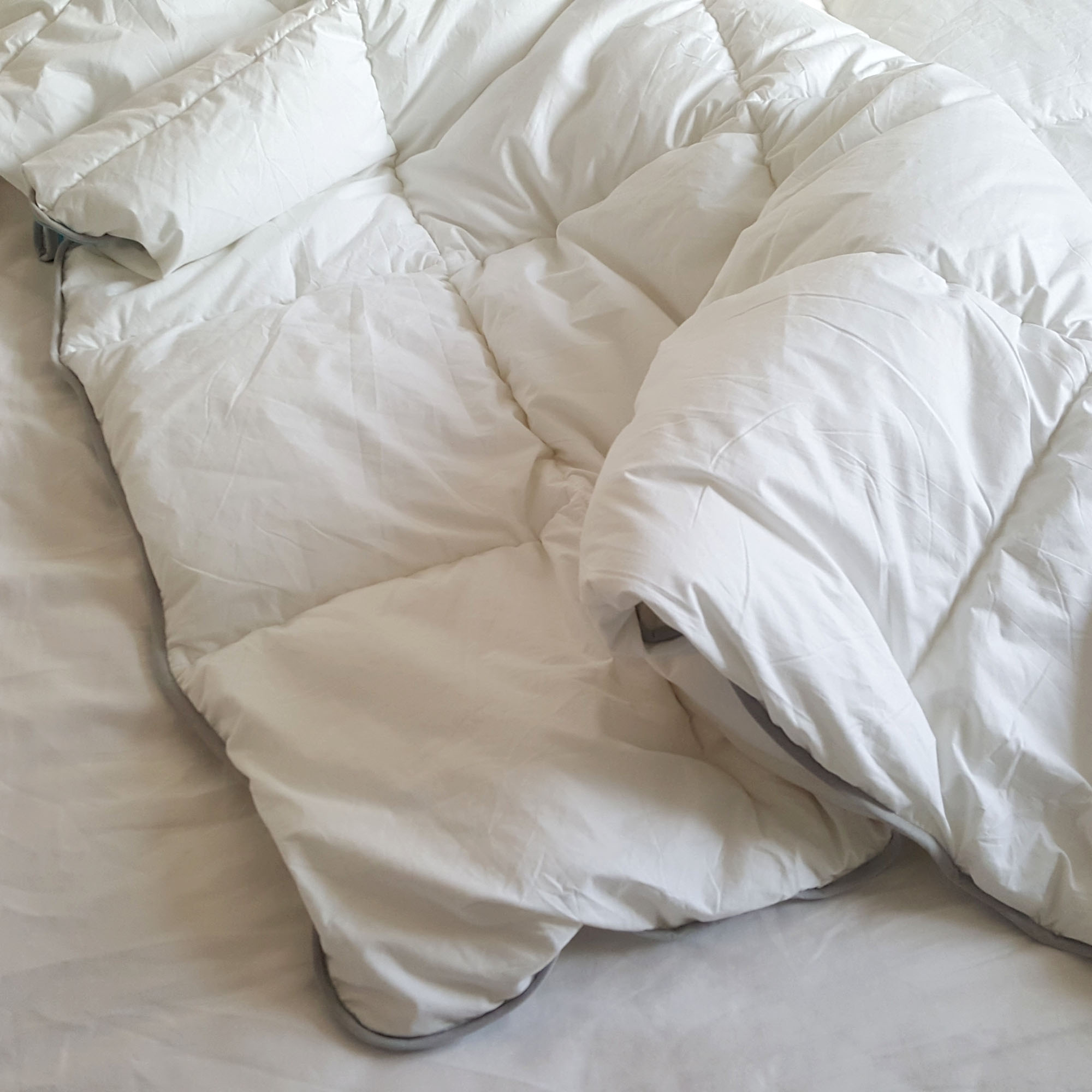
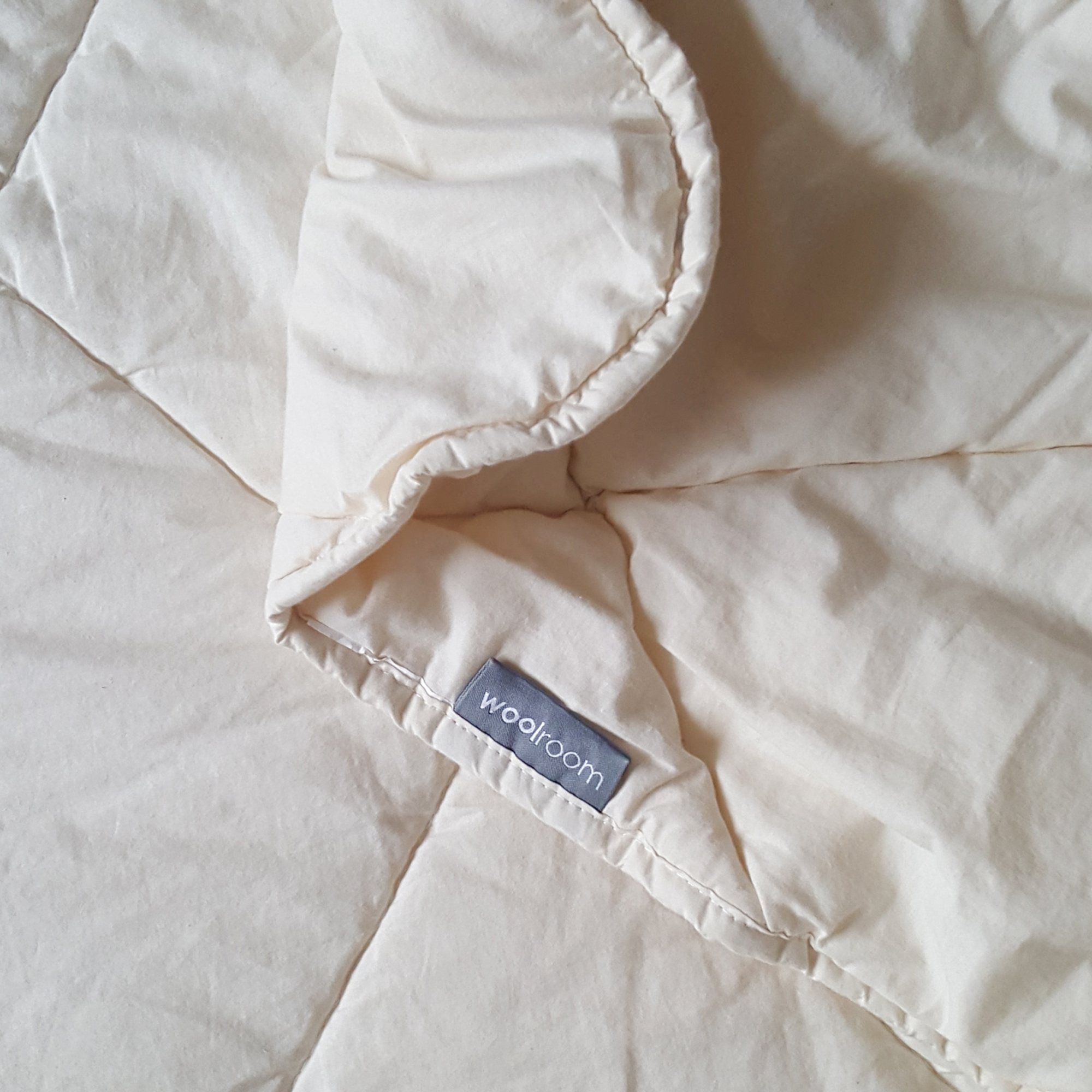
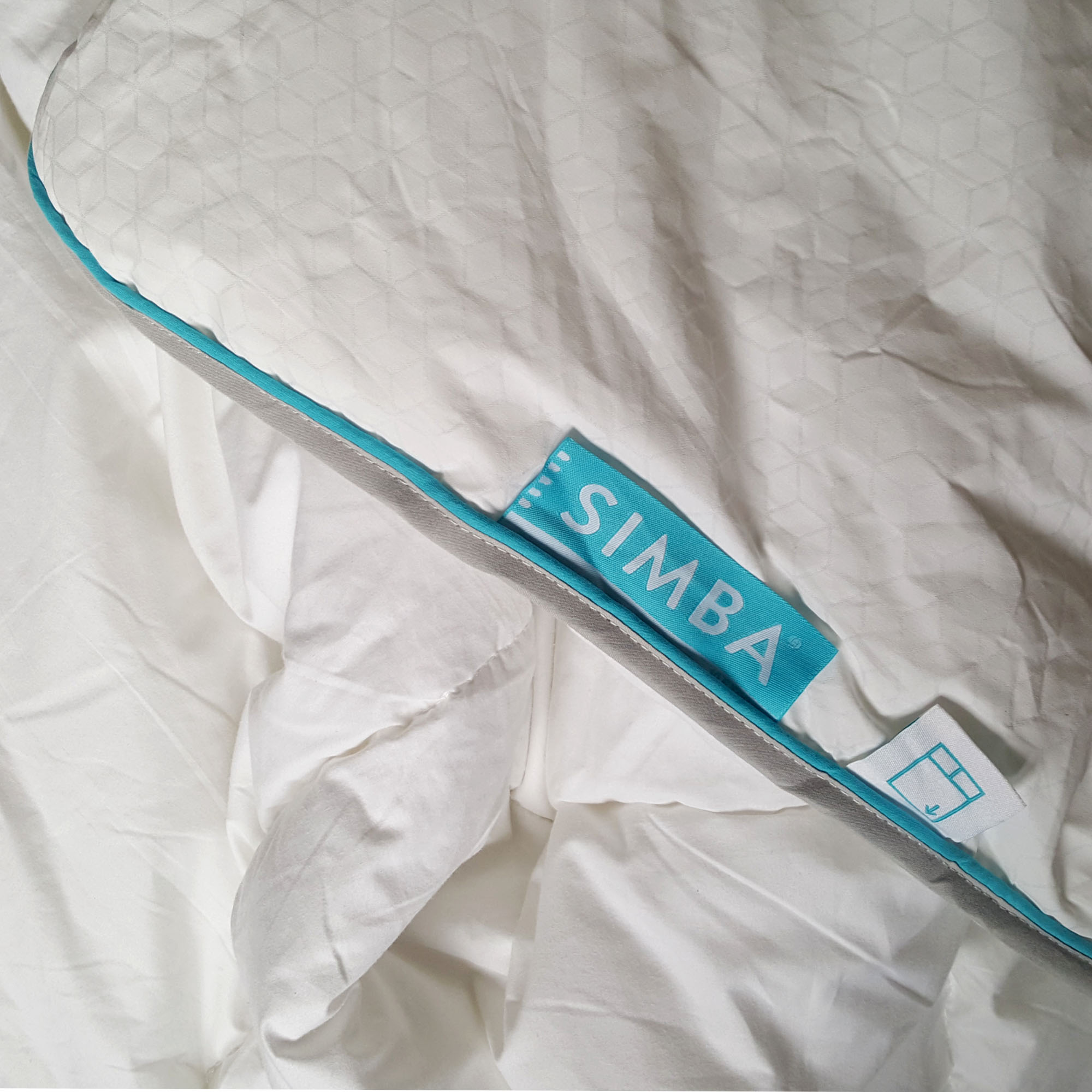
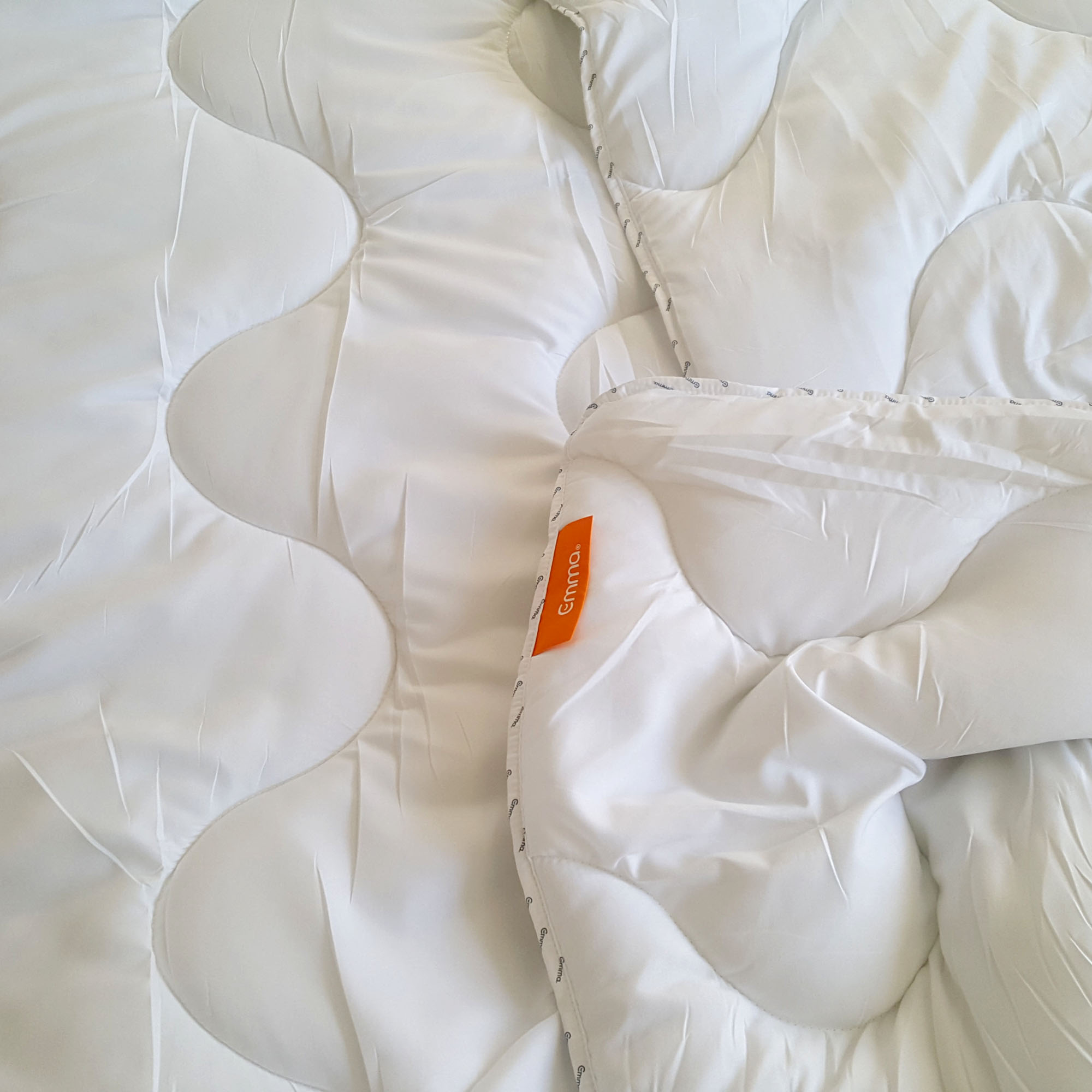
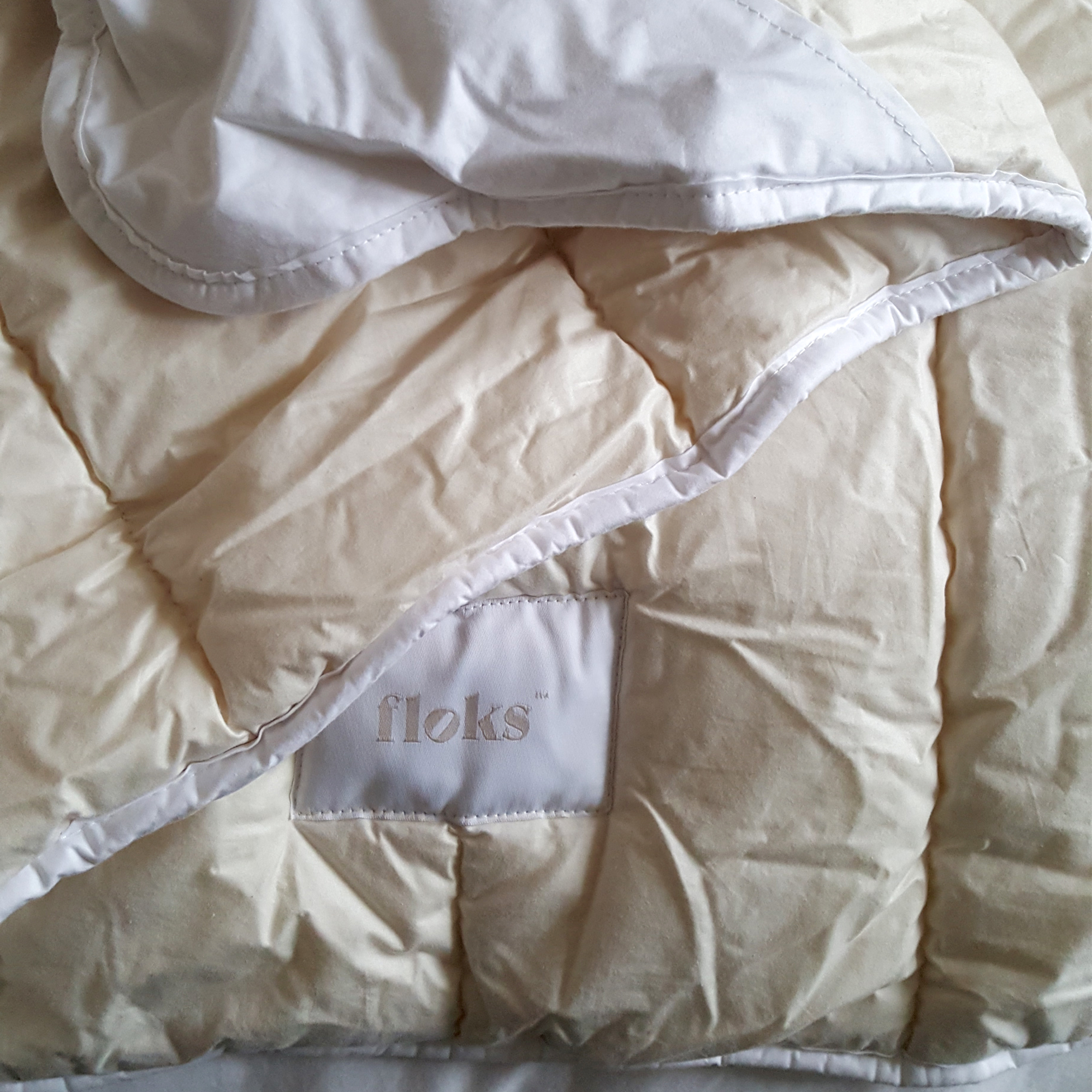
Ease of care
When it comes to washing a duvet, not all can be cleaned in a washing machine. However, if they can, we test how well they wash and dry. We also note where a duvet requires spot cleaning or is dry clean only.
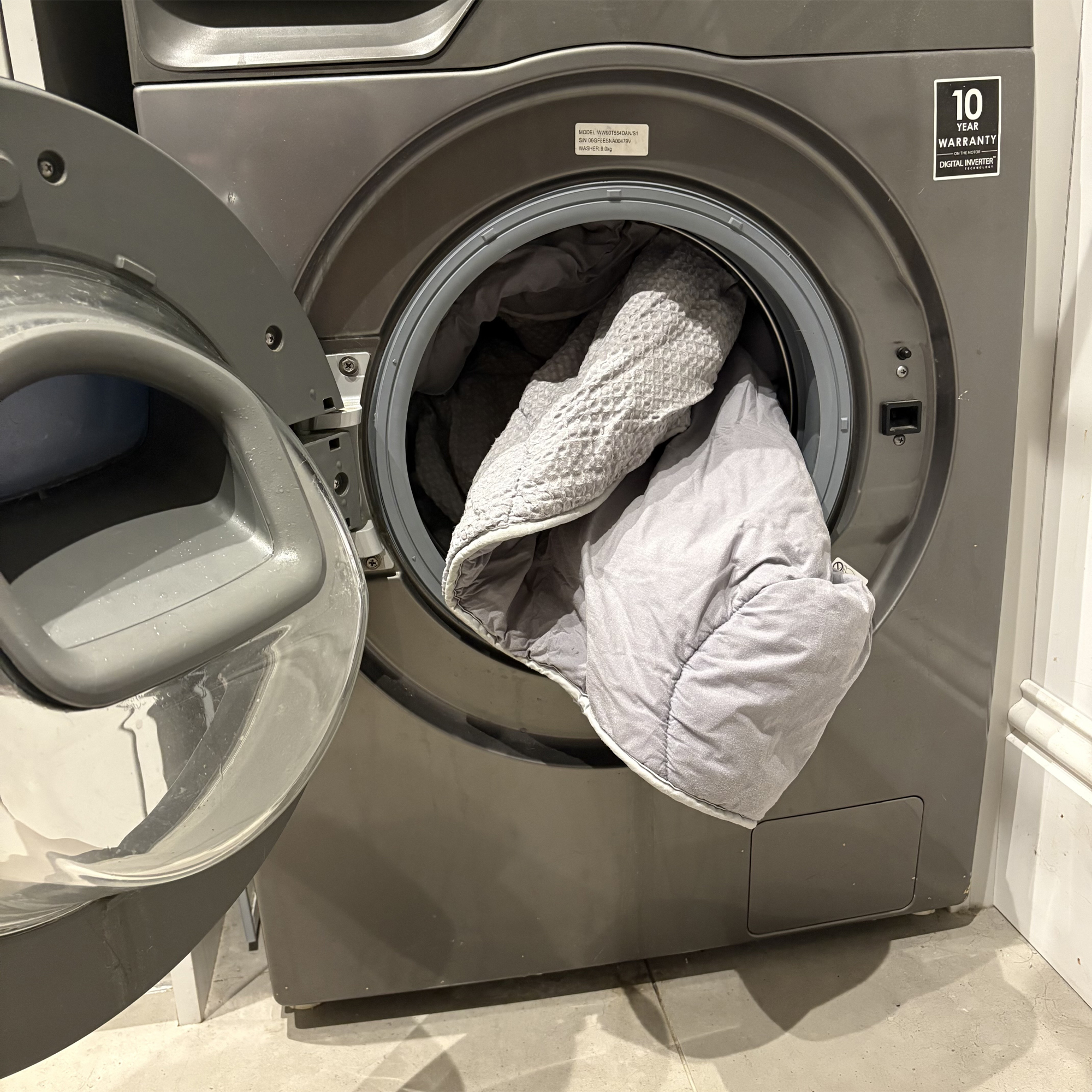
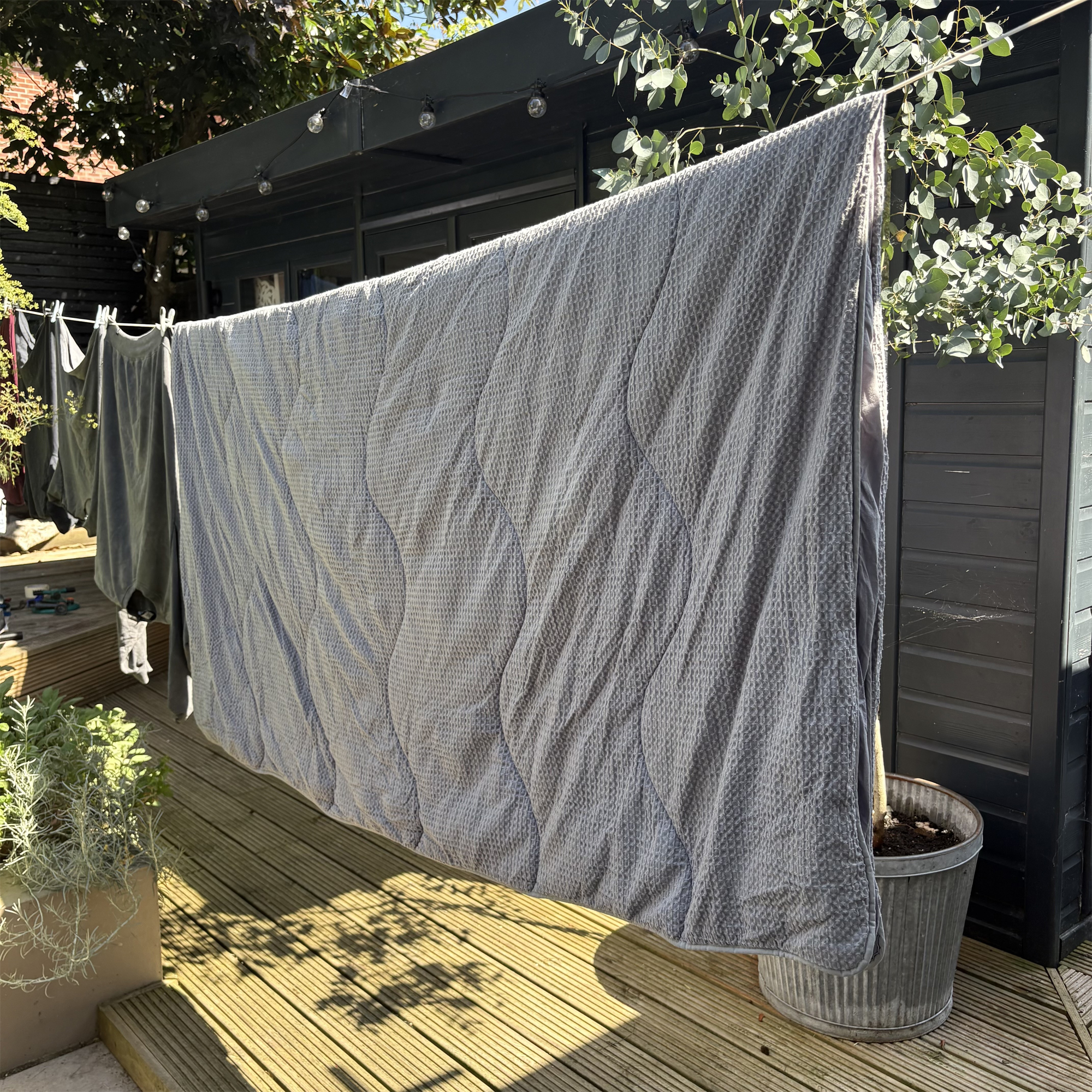
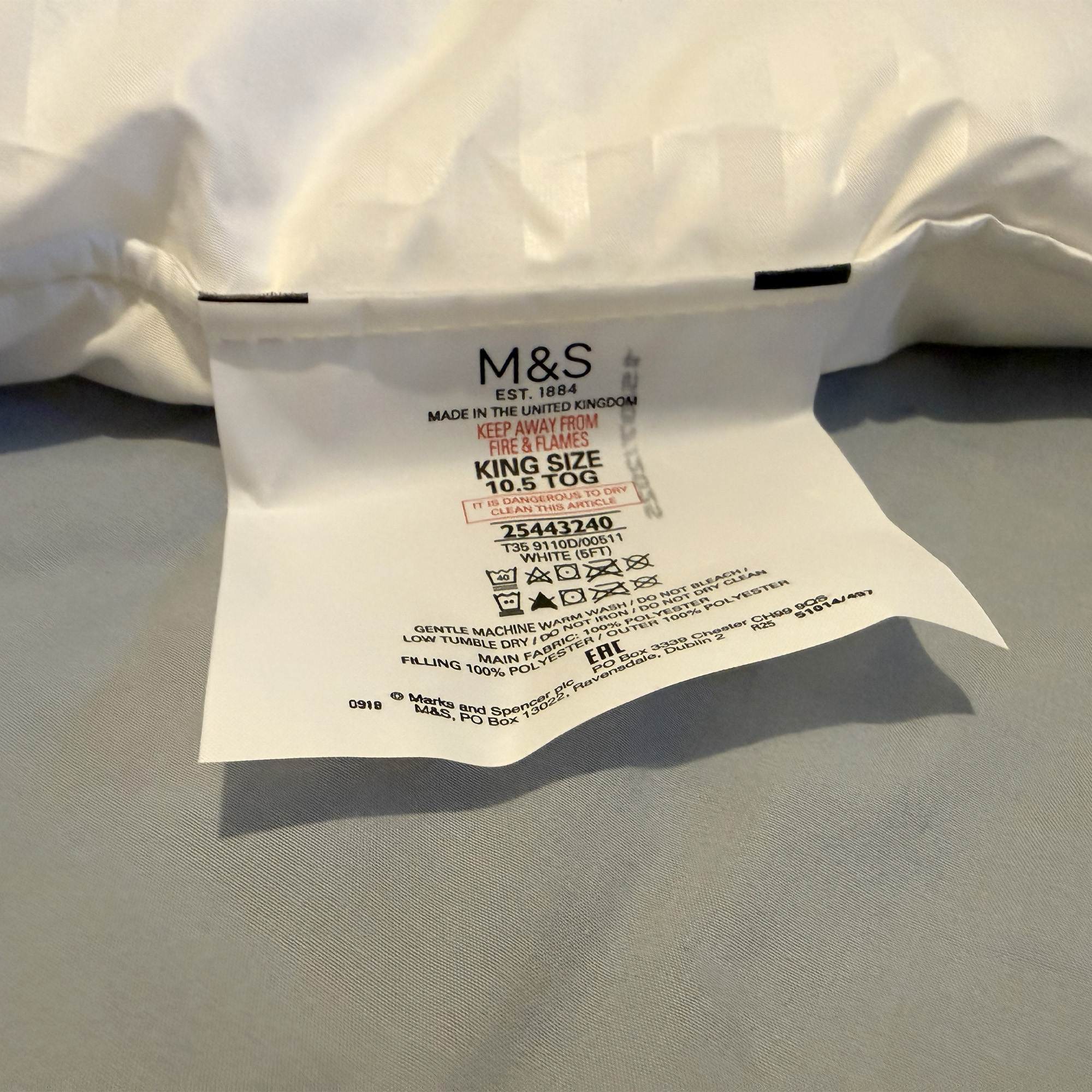
Sleep trial
These days, a sleep trial isn't only reserved for mattresses. Many retailers are now also offering sleep trials on bedding, and this can be a useful benefit. It allows you to test out a duvet at home on your own bed by sleeping under it for a set number of nights to see how it suits you.
Not all retailers offer sleep trials, but if they do, we make note. Most duvet sleep trials usually last between 14 and 30 nights.
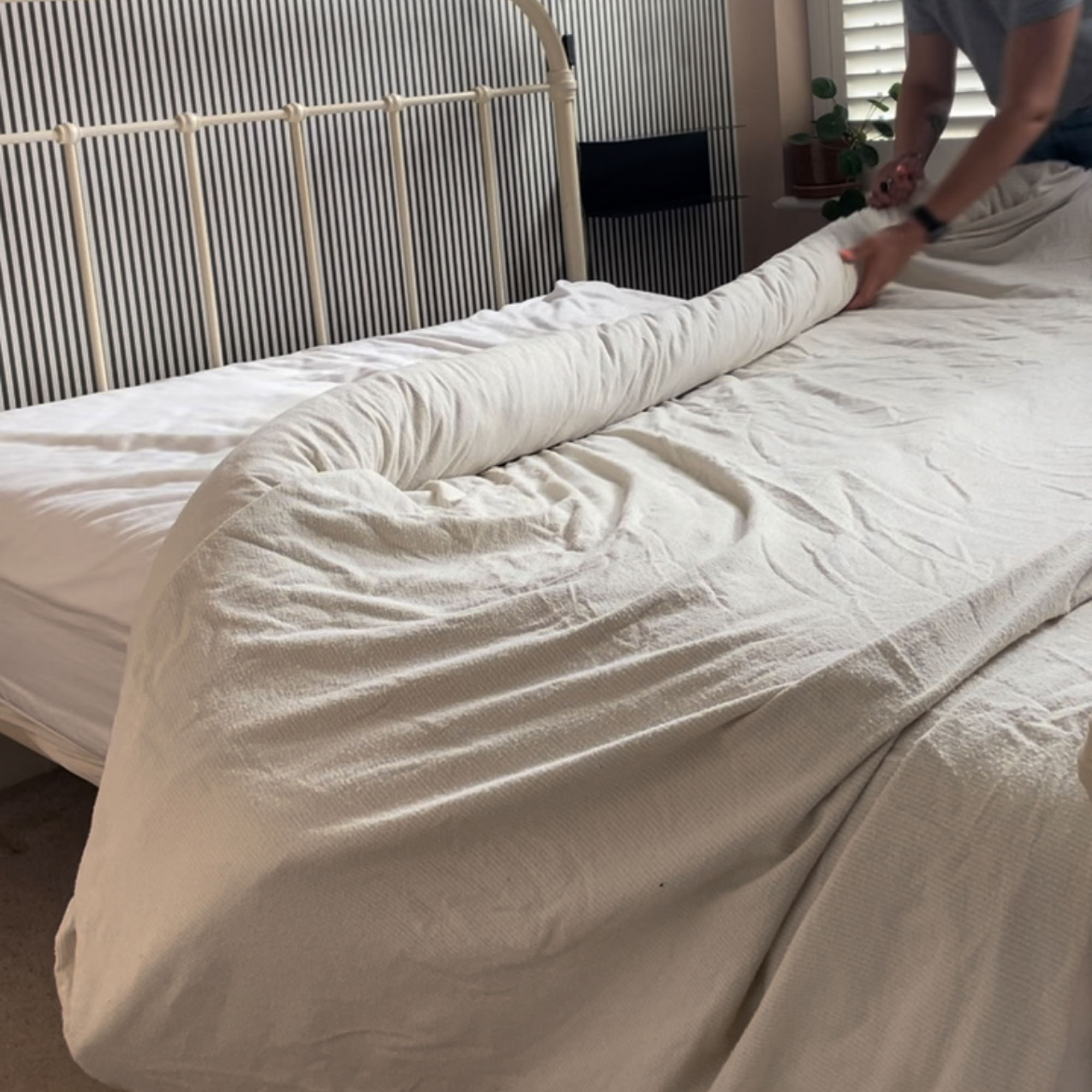

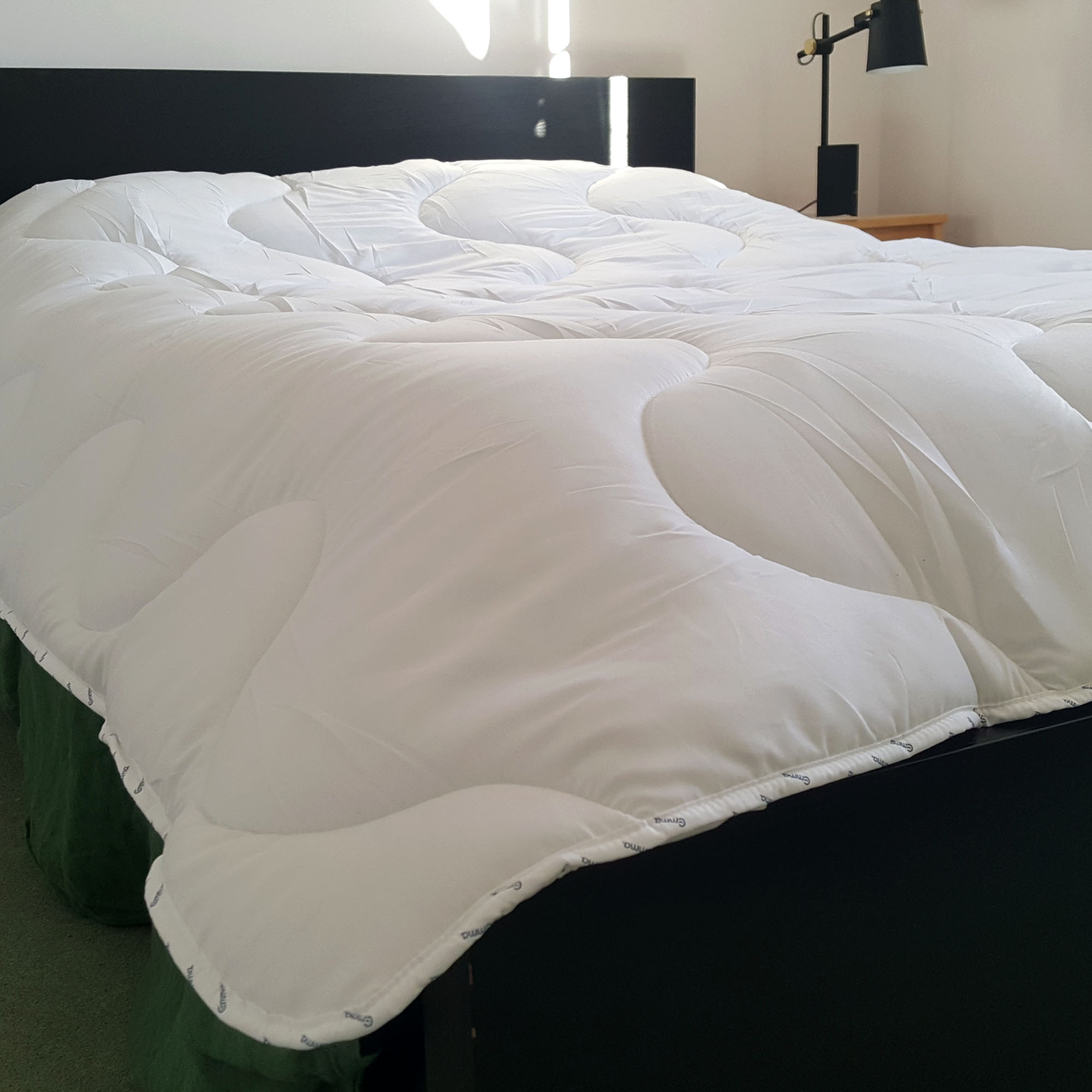
Value for money
We also take each duvet's price into account during our testing process to see if it offers good value for money.
An expensive duvet is often worth the investment in terms of better materials, enhanced comfort, and improved temperature regulation, but not always. We tell you if we think a duvet is worth the money compared to similar options we've tested.
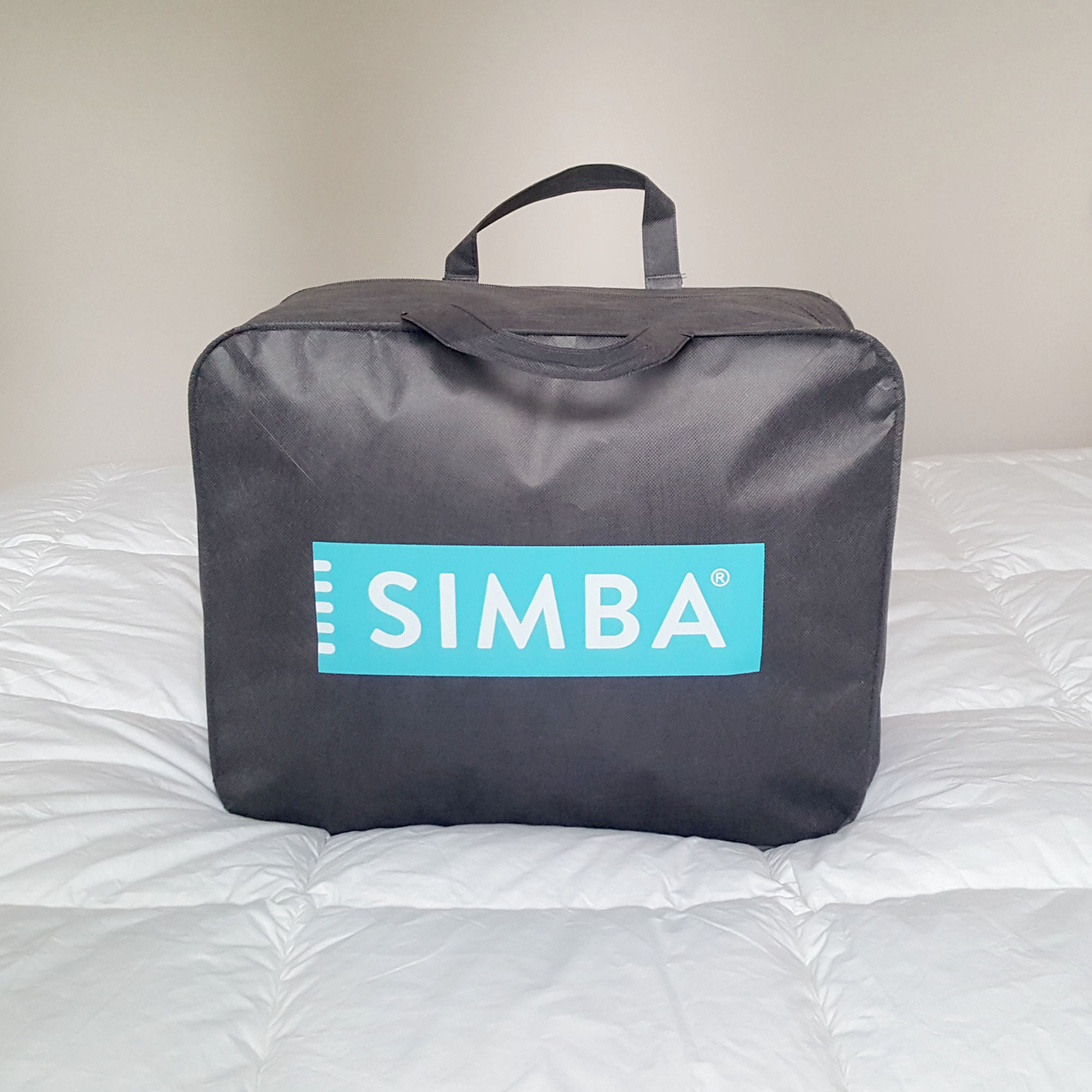
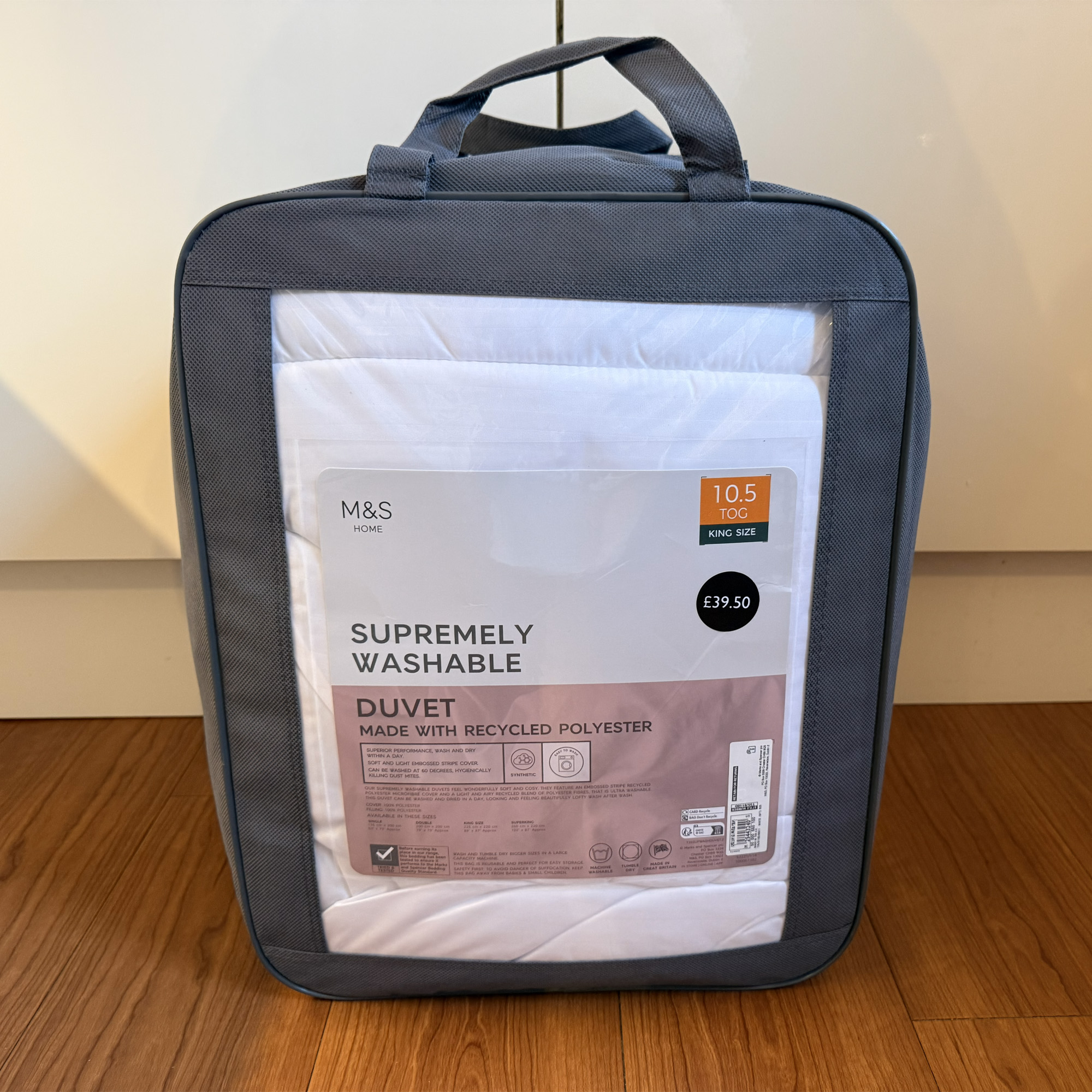
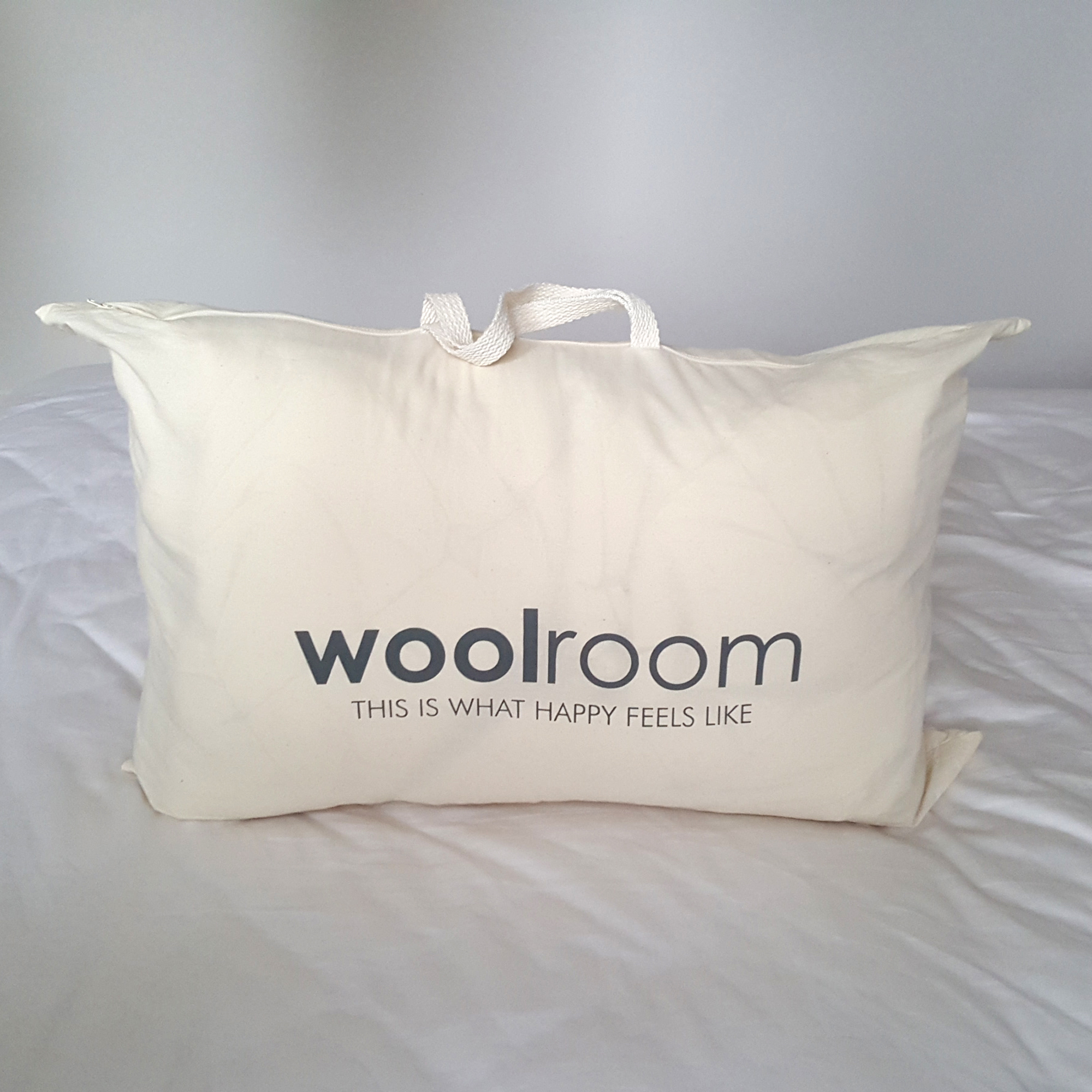
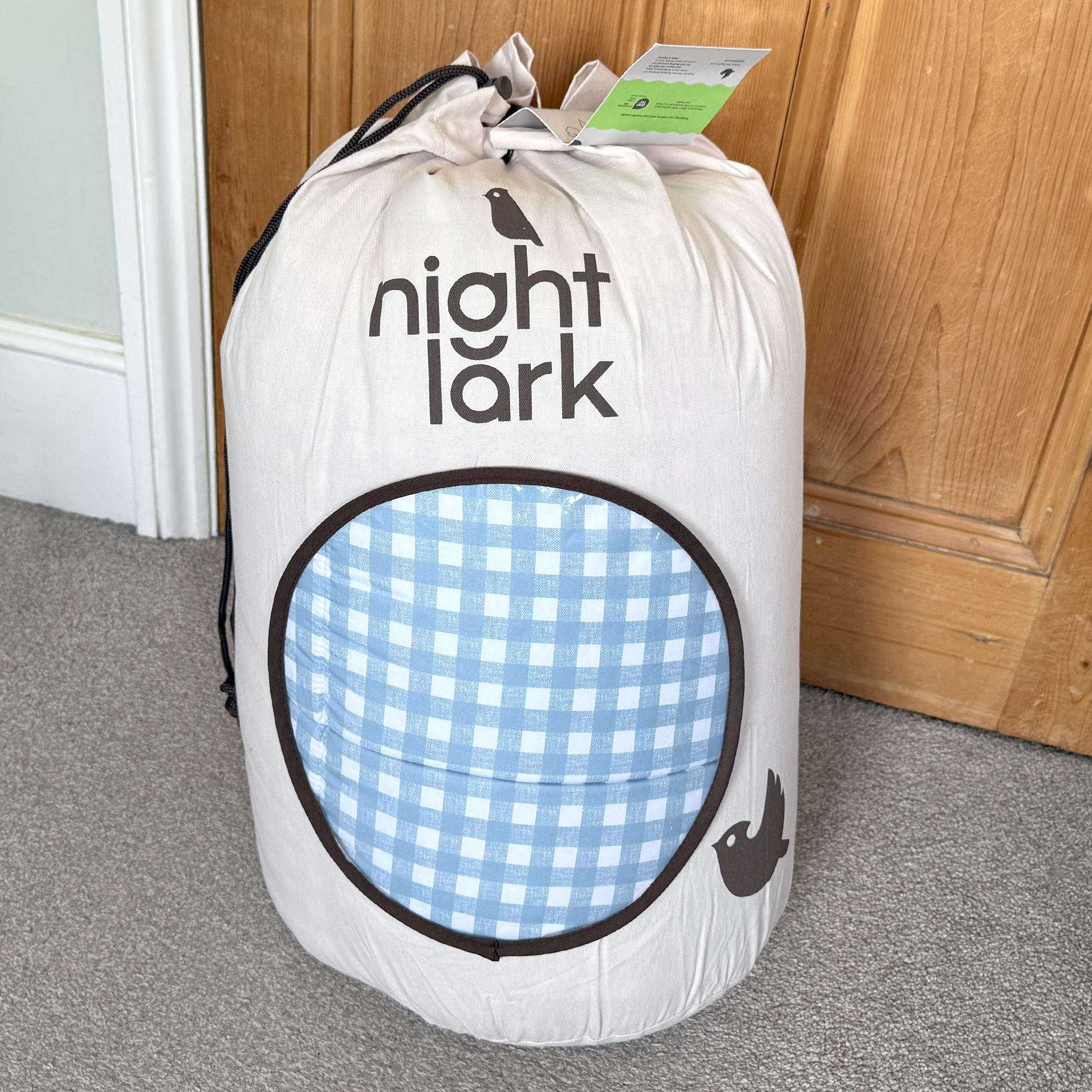
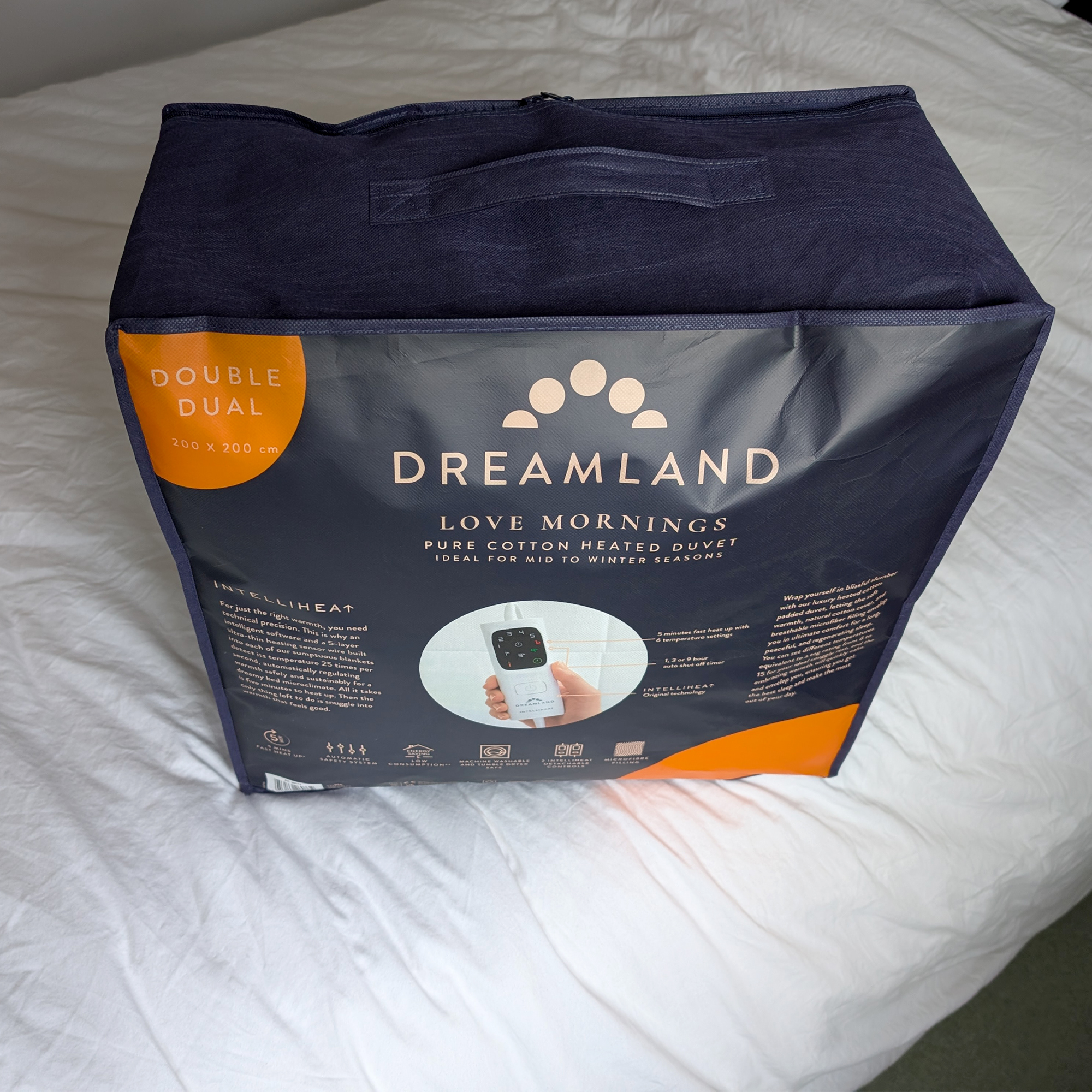
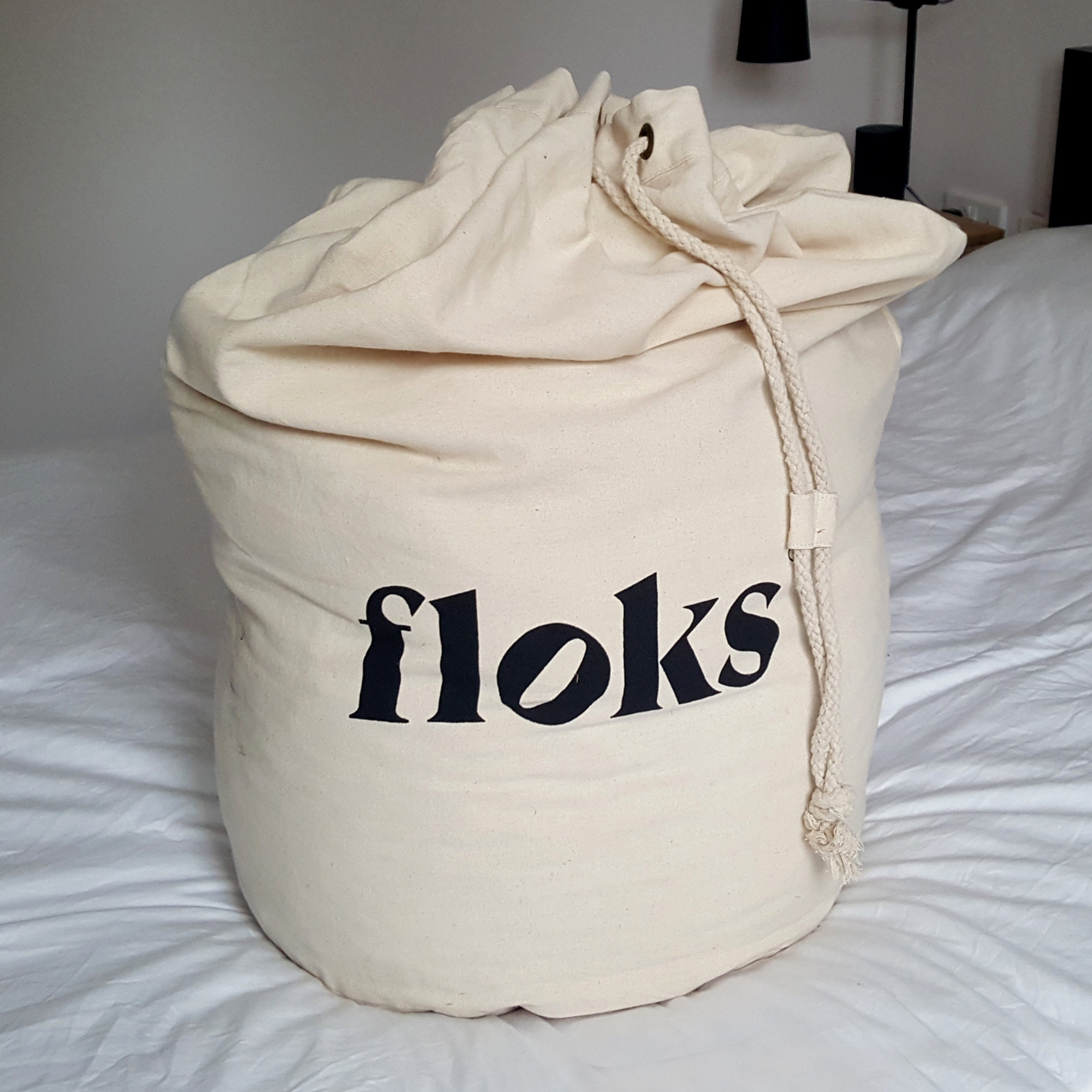
What else?
Whilst testing different duvets we try to make sure that everything else involved in the sleep test remains the same. For instance, we keep the bedroom temperature to within 16°c and 18°c and use the same mattress, mattress protector, sheets, and duvet covers to ensure all other testing variables are controlled.
We try to test each duvet for at least a week to get used to how it feels and performs. Where possible we also try to get multiple testers involved in testing each product so we have a range of opinions from hot sleepers to cold sleepers and synthetic duvet lovers to feather and down fans.
Aside from our own hands-on testing, we also research customer reviews for each product we recommend. We read the thoughts of both happy and any not-so-happy customers to see if their hands-on experience with the product aligns with ours. We only recommend products that regularly get reviews of 4 out of 5 stars or more.
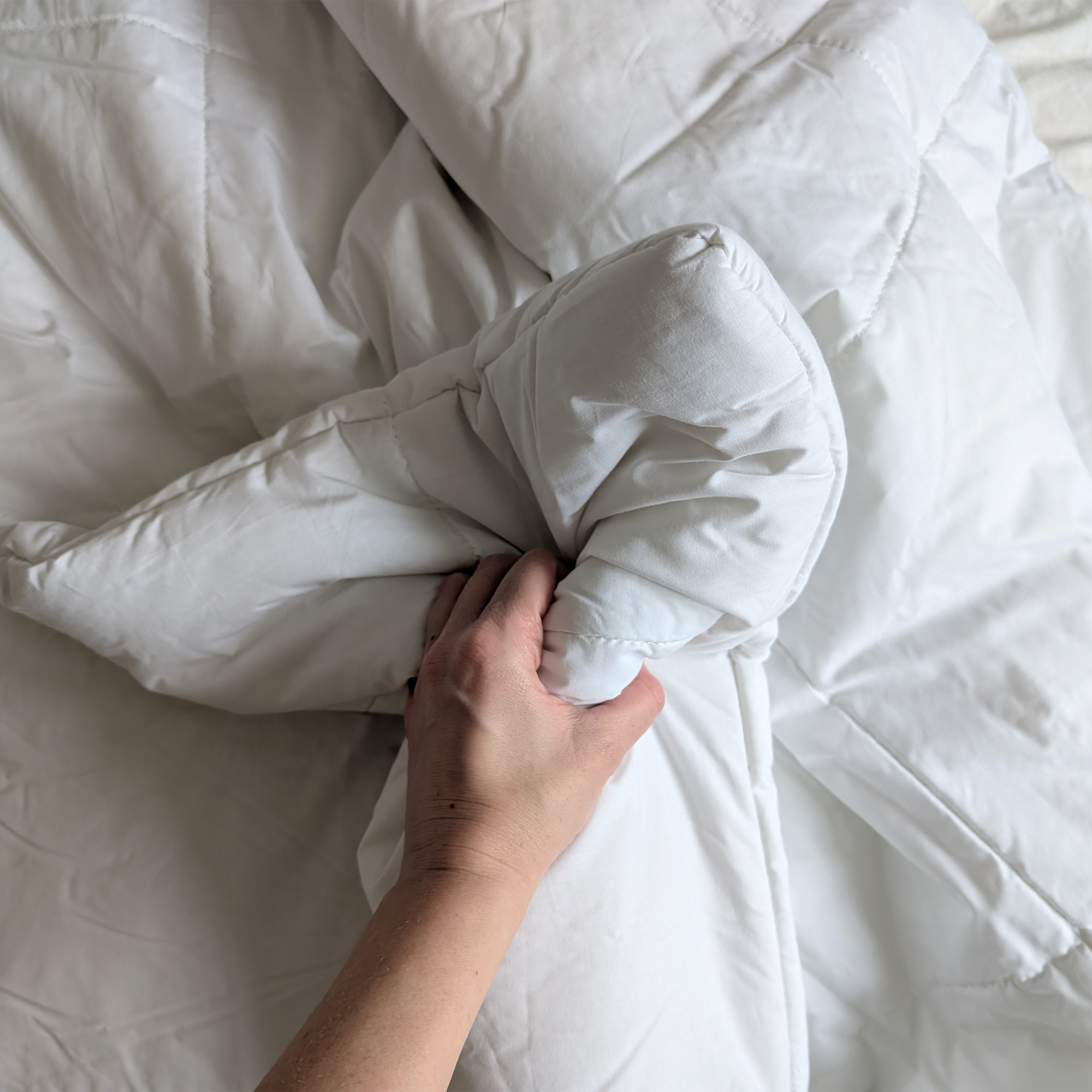
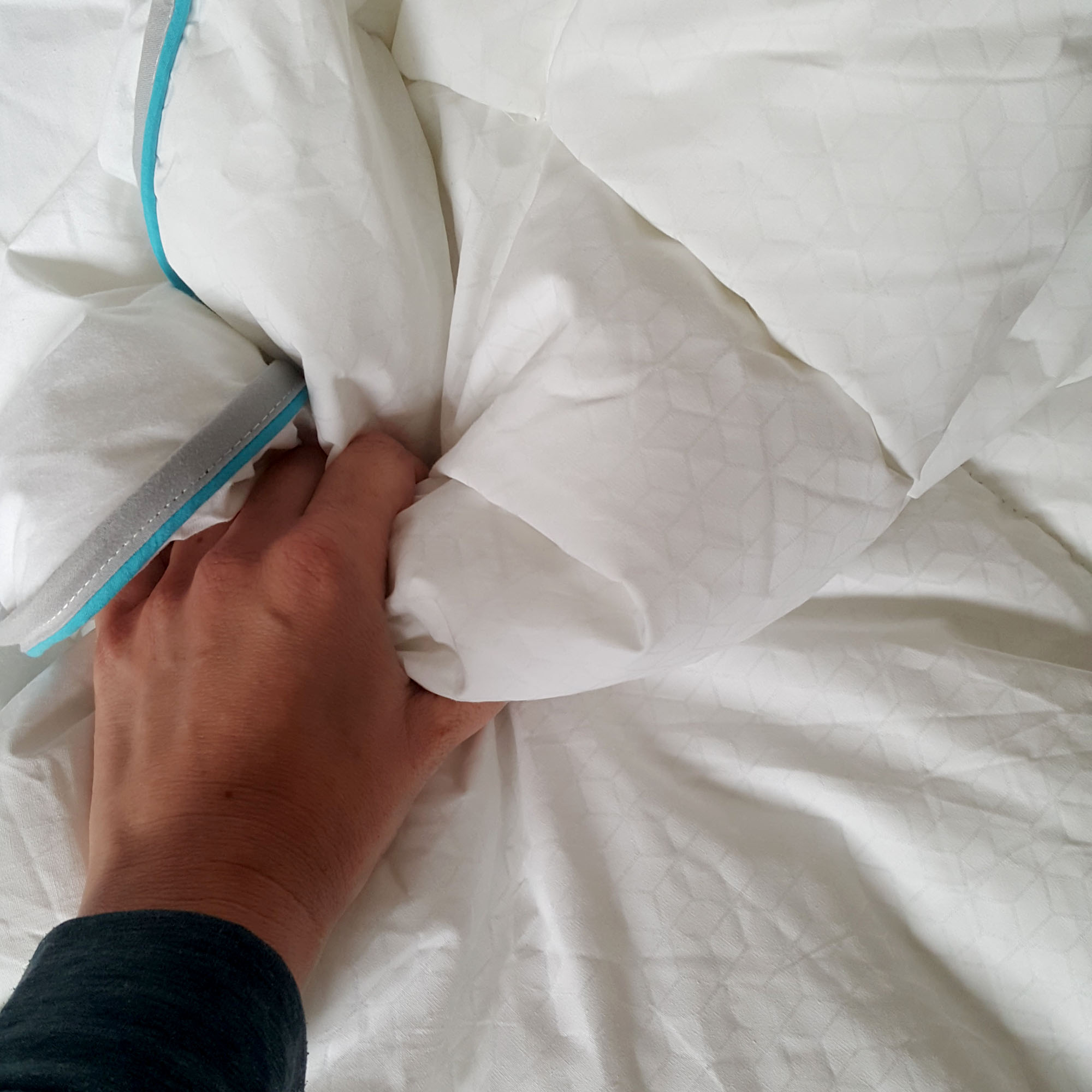
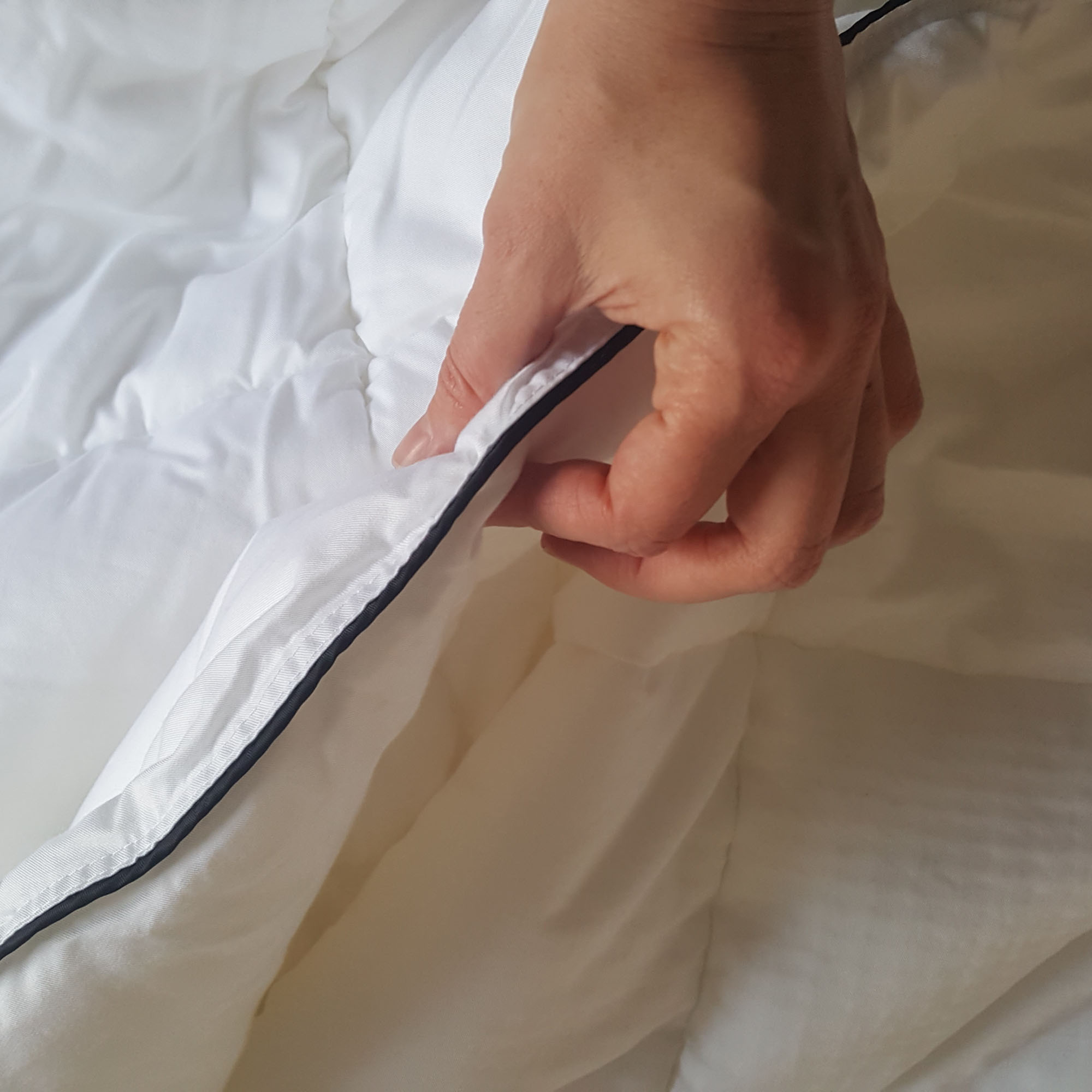
Our Certified Expert
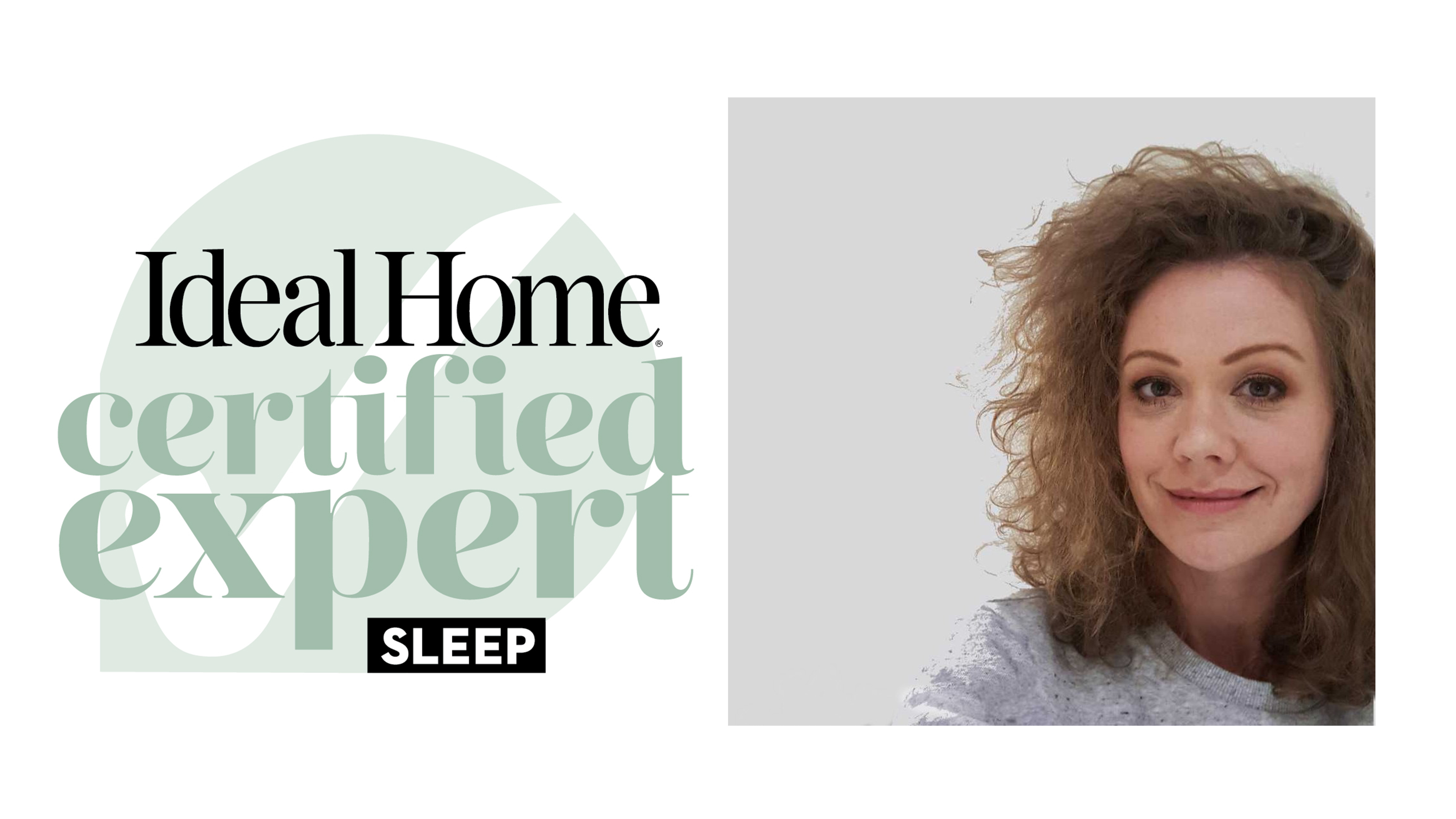
Our Ideal Home Certified Experts are members of the team who have developed specialist knowledge in their subject area. They have hands-on, practical experience with industry-leading products, regularly conduct product testing, and have conducted research into each product category they review.
Each Certified Expert must complete a five-stage process to gain this accreditation, involving the following stages:
- Testing Our Certified Experts have hands-on experience testing the bestselling and highest-rated products on the market. This then becomes the benchmark against which other products are reviewed and judged.
- Product research Our experts immerse themselves in each product category, learning everything there is to know about the product, from how it's made, to its biggest pros and cons.
- Behind the scenes As well as hands-on product testing in a home environment, our Certified Experts have also gained insider knowledge on the products they test. This might be through factory visits, showroom tours, or comparison testing days at our testing facility.
- Industry knowledge Our experts know the nitty-gritty of each product category. They regularly speak with industry experts such as product developers and retailers, they know the market leaders and the growing trends within the industry. They are non-biased and able to formulate an honest judgement about the USPs offered by different products on the market.
- Wider opinions Our experts don't just rely on their own knowledge, they also seek input from the wider team and carefully research customer product reviews to gauge wider product satisfaction, noting and investigating any regularly occurring customer feedback.







